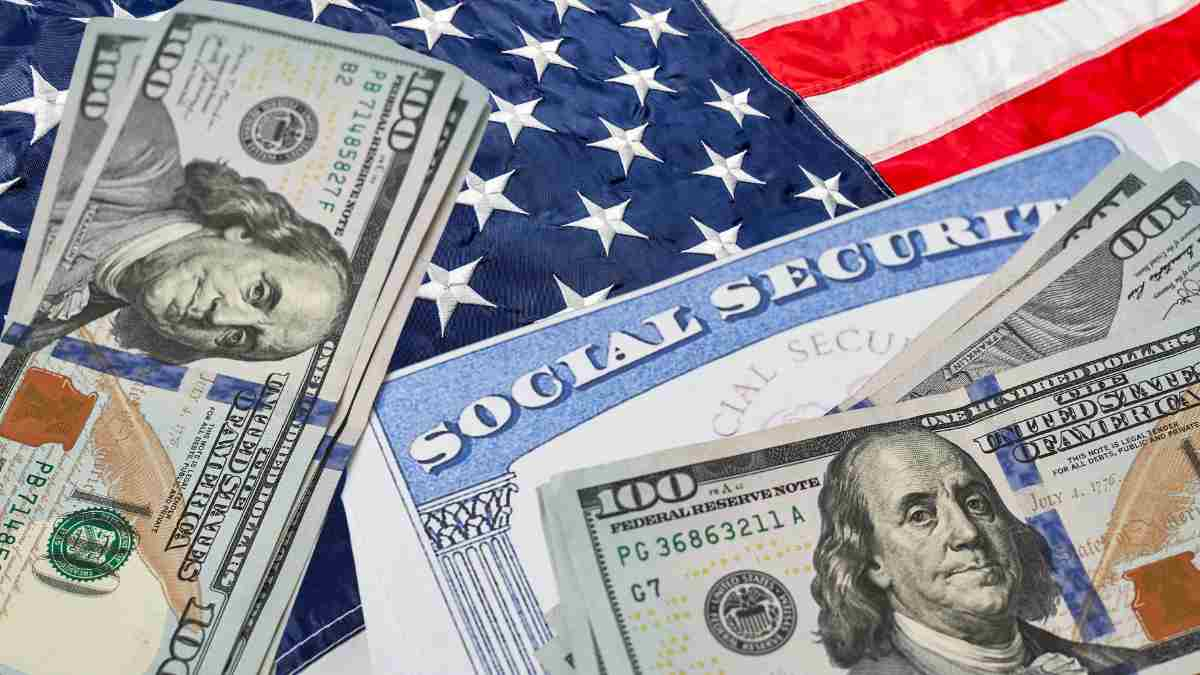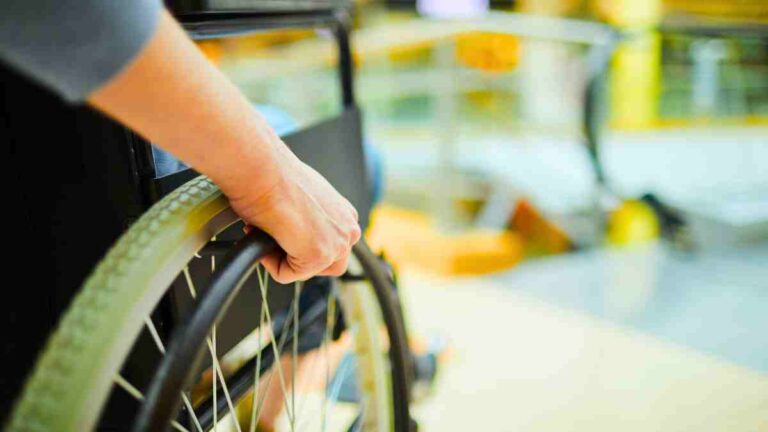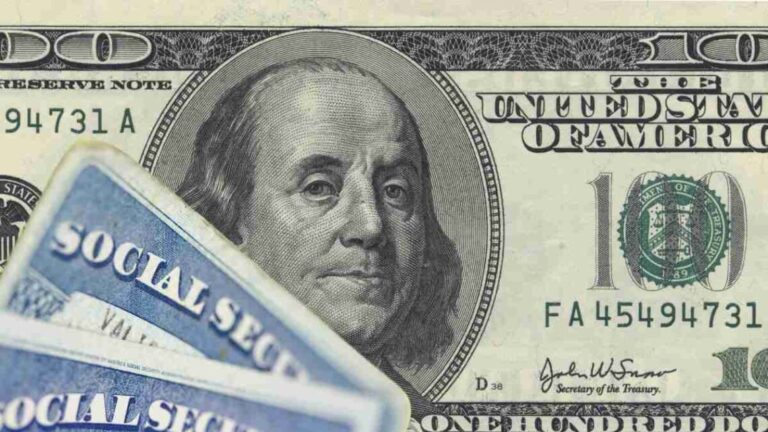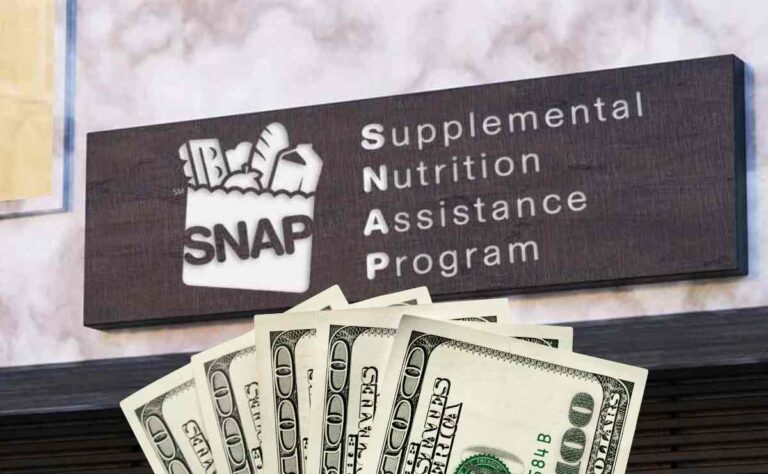Unlocking $5,180 Monthly in Social Security Benefits: Your Guide for 2025
In recent months, rumors surrounding a potential $800 stimulus check have been circulating across social media platforms and news outlets. These speculations suggest the payment would provide financial relief to low-income individuals struggling with economic challenges. However, it’s important to assess the origins of these claims and verify them against official statements.
Background on Stimulus Payments
The stimulus checks previously issued by the U.S. government were part of emergency economic relief programs introduced during the COVID-19 pandemic. These payments were intended to provide immediate financial assistance to individuals during an unprecedented health and economic crisis. Since the conclusion of the last round of federal stimulus payments, a fourth round has not been approved, although some states have introduced targeted financial aid programs.
Who Might Qualify for the Rumored $800 Stimulus Check?
Rumors suggest that the $800 stimulus check would be available to individuals earning up to $75,000 annually, with a higher threshold of $150,000 for married couples filing jointly. Additionally, dependents might be eligible for extra payments, similar to the provisions in past stimulus packages.
However, it’s crucial to note that no official confirmation has been made regarding such a program. The IRS has not issued any statements, and federal officials have consistently ruled out the possibility of new stimulus payments in the near future.
A Recap of Previous Stimulus Payments
To better understand the current landscape, it’s useful to revisit the stimulus payments provided during the pandemic:
- First Stimulus Payment: Under the Trump administration, eligible individuals received $1,200, with additional payments for dependents.
- Second Stimulus Payment: A $600 payment was issued to eligible recipients, also during Trump’s presidency.
- Third Stimulus Payment: Under the Biden administration, a $1,400 payment was distributed to individuals who met specific income criteria.
These payments helped many households during the most severe phases of the pandemic, when unemployment rates were high and businesses were closed. Since the distribution of these payments, there has been no official movement toward a fourth round of federal stimulus checks.
State-Level Stimulus Checks
Although federal stimulus checks have ended, some states have launched their own financial relief programs. These state-specific initiatives often target groups such as low-income residents, essential workers, or families with children. However, such programs are becoming less common due to budget constraints and often vary widely by state.
For example, California has implemented tax rebate programs aimed at providing relief to its residents. Other states have offered direct payments or other forms of assistance, but these programs are typically limited in scope and availability. If you live in the U.S., it is important to check your state’s offerings, as they may include benefits such as housing assistance, tax credits, or utility subsidies.
The IRS and Federal Government’s Position
The IRS has firmly denied the existence of a federal $800 stimulus check. Additionally, the Biden administration has shown no interest in reintroducing payments similar to those provided during the pandemic. Instead, the government is focusing on broader economic measures, including efforts to address inflation and promote job growth.
Given these official stances, any claims about a new federal stimulus check should be approached with caution, particularly if the information comes from unofficial sources or social media. While financial struggles persist for many families, the chances of a new federal payment remain slim.
Key Considerations for Financial Assistance
If you are facing financial difficulties, it is worth exploring state-level assistance programs, which are often tailored to meet specific needs like housing, food, or utility support. Additionally, staying informed through reliable sources like the IRS website or official state government portals can help you avoid misinformation.
Be sure to verify any claims about stimulus payments with credible sources. Misinformation and fraud are common during periods of economic uncertainty, and staying vigilant can help you avoid falling victim to scams.
Conclusion
While the idea of an $800 stimulus check has gained traction online, there is no official evidence to support these claims. Federal officials have ruled out new stimulus payments, and the IRS has made no announcements on the matter. However, state-level programs may still offer some relief for those in need. By staying informed and relying on official channels, you can navigate the current economic landscape more confidently.






